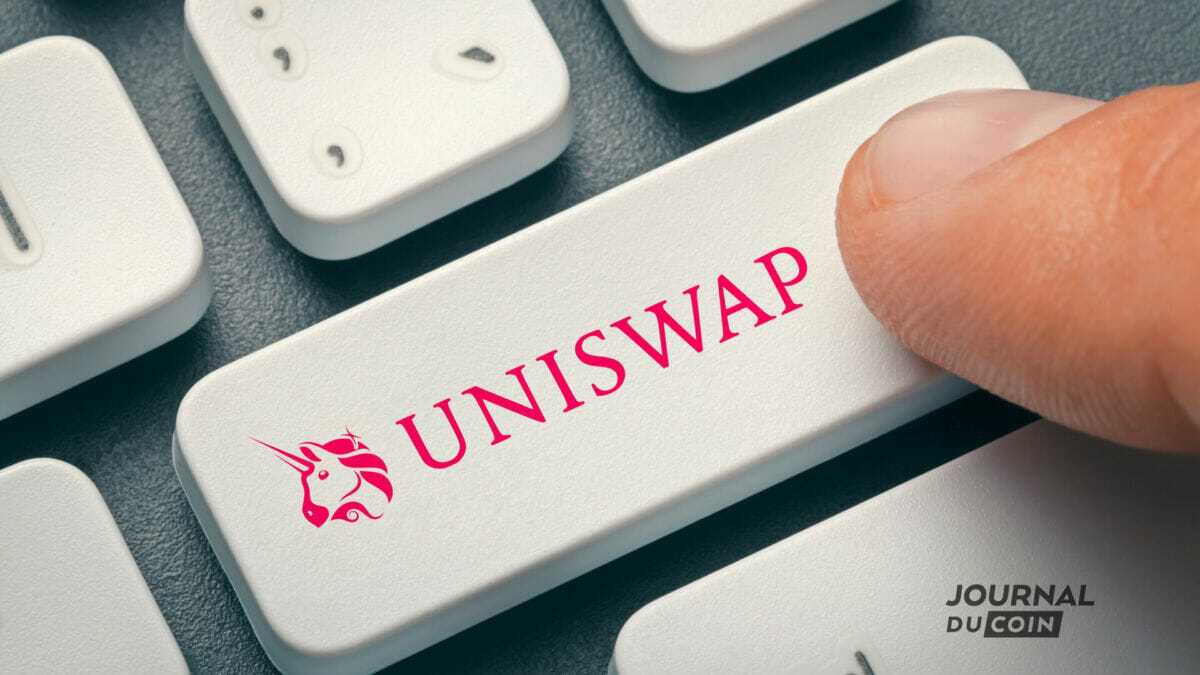A little patience on Uniswap. A few weeks ago, the teams ofUniswap had unveiled their vision for version 4 of the protocol. Unsurprisingly, it brings many innovations. Nevertheless, it would seem that it is necessary to wait for the update Cancun for V4 to be deployed on Ethereum.
Uniswap upgrade: Cancun will move ahead of V4
The 5 of July, Erin KoenHead of Governance at the Uniswap Foundation, posted a post going over the timeline for the launch of Uniswap v4.
First, he reminds us that Uniswap’s V4 is still in development. Uniswap’s goal is to develop this version “in public, with open feedback and meaningful community input”.
Thus, its publication on the Ethereum mainnet depends on three important milestones :
- There code release : which took place on June 13;
- THE finished code freeze : the finalization of the code in a public way. This is the current step;
- THE code deployment : there will be a complete audit of the code, once it is finalized.
However, Koen stressed that the audits will only start once the hard fork Cancun deployed on Ethereum. As a reminder, this update introduces theEIP-1153which offers new methods for temporarily storing data in Ethereum smart contracts.
“The schedule above is purely indicative. It should be noted that the Cancun hard fork could be delayed, the auditing process could be extended, and the protocol could be subjected to other security tests that are not discussed here. »
Uniswap
The most optimistic predictions envisage a deployment of Cancun in September next. In this case, Uniswap V4 should be deployed at the very end of the year, once the audits have been carried out.
>> Prefer to keep your cryptos safe? Choose a Ledger wallet (commercial link) <<
New features galore for Uniswap 4.0
Uniswap v4 will introduce many innovations. Among them we find the Hooks, a more modular exchange structure. These hooks are smart contracts that allow more customization in the liquidity pools. In fact, these will offer dynamic fees, on-chain limit orders and custom oracles.
This new version will also introduce a system of “flash accounting” which will lead to lower fees for the liquidity providers. This system differs from the v3 model, which moved assets in and out of pools after each trade. Instead, the new method only transfers net balances.
It is precisely this functionality that requires the deployment of EIP-1153 on Ethereum, and therefore the deployment of the Cancún hard fork.
At the same time, Cancún will introduce Proto-danksharding, a major update that will significantly improve the performance of rollups. A central update for the network, which Vitalik Buterin deems necessary for Ethereum to become a mature technology.
Need a secure wallet to explore the multiple applications of DeFi? the best solution is still a personal hardware wallet. At Ledger, there is something for all profiles and all cryptos. Do not wait to put your capital in safety (commercial link)!
